There’s never been a bigger buzz around brain health, and it’s easy to see why. From college students and Silicon Valley execs to busy parents and aging boomers, everyone’s searching for a mental edge. Enter nootropics—supplements, herbs, and sometimes even prescription drugs, all promising sharper focus, better memory, and more motivation. But are these so-called “smart drugs” actually legal in the United States? Or are you taking a risk every time you click “buy now”?
The answer isn’t as straightforward as you might hope. The legal status of nootropics in the US is a mashup of federal regulations, state laws, and a Wild West internet market. If you’re curious about trying nootropics—or already using them—here’s exactly what you need to know to stay safe and legal.
Why Are People Turning to Nootropics?
Let’s be honest: life is stressful, competitive, and full of distractions. The idea that a pill, powder, or tea could boost your brainpower is incredibly tempting. Nootropics promise benefits like:
-
Enhanced focus and concentration
-
Improved memory and recall
-
Reduced anxiety or mental fatigue
-
Even long-term support for brain health and aging
But with these promises comes a big question: are these substances regulated, and are they even legal to buy and use?

The Regulatory Confusion Around Brain Supplements
Here’s where it gets messy. The US doesn’t have one single set of rules for all nootropics. Some are completely legal and sold as dietary supplements. Others are prescription-only, and some fall into a legal grey area or are outright banned. Understanding the difference is key to making smart, safe choices.
What Are Nootropics? Understanding the Basics
Before diving into legal issues, it’s important to know what we’re actually talking about.
Types of Nootropics—Natural, Synthetic, and Prescription
-
Natural nootropics: These include plant extracts, amino acids, and nutrients like L-theanine, bacopa monnieri, lion’s mane mushroom, or ginkgo biloba. You’ll find these in most supplement aisles and online shops.
-
Synthetic nootropics: Man-made compounds like racetams (piracetam, aniracetam), noopept, and modafinil. These are often marketed online and can blur the lines between legal supplement and regulated drug.
-
Prescription nootropics: Drugs like Adderall, Ritalin, and modafinil are prescribed for conditions like ADHD or narcolepsy. Using them without a prescription is illegal.
Popular Examples You’ll Find in the US
-
Legal dietary supplements: L-theanine, ginkgo, ashwagandha, and most herbal blends.
-
Grey area synthetics: Noopept, racetams, tianeptine—sometimes sold as “research chemicals.”
-
Strictly controlled prescription drugs: Adderall, modafinil, methylphenidate.
How Are Nootropics Regulated in the United States?
Now let’s dig into how these products are actually governed by law.
The Role of the FDA and Dietary Supplement Laws
-
The FDA (Food and Drug Administration) oversees the safety and labeling of dietary supplements—but does not approve them before they hit the market.
-
Supplements are regulated under the Dietary Supplement Health and Education Act (DSHEA) of 1994, which means manufacturers are responsible for product safety and accuracy, but the FDA only intervenes when there are complaints or clear dangers.
-
Drugs (including prescription nootropics) go through strict FDA approval for safety and effectiveness. Using or selling these drugs without a prescription is a federal offense.
The DSHEA Act and Its Impact
The DSHEA Act is why you see such a wide variety of brain supplements on the market. It lets companies sell natural nootropics as long as they don’t make medical claims (“treats Alzheimer’s,” “cures ADHD,” etc.). It’s also why the quality and effectiveness of supplements can vary a LOT between brands.
Legal Status of Popular Nootropics: What’s Allowed and What’s Not
So what can you actually buy, and what’s off-limits? Here’s a breakdown.
Over-the-Counter and Natural Nootropics
-
Totally legal: L-theanine, ginkgo biloba, bacopa monnieri, ashwagandha, lion’s mane, Rhodiola rosea, and most amino acid supplements.
-
Sold as supplements: These are available at health stores, online, and even some supermarkets. You don’t need a prescription, but you should check for quality and third-party testing.
Synthetic and Prescription-Only Nootropics
-
Prescription-only: Modafinil, Adderall, Ritalin, and other stimulants. These are not legal to buy or possess without a doctor’s prescription. Ordering them online from overseas is illegal and risky.
-
Grey area synthetics: Racetams (like piracetam, aniracetam, and phenylpiracetam) are not approved for human use by the FDA but are not scheduled as controlled substances. Noopept and tianeptine often fall into the same boat. They’re sometimes sold as “research chemicals” or “not for human consumption” to skirt the law.
-
Banned or controlled: Some synthetic compounds may be banned or restricted if the FDA determines they’re unsafe.
Buying or importing grey area synthetics carries real legal risks and potential health dangers, since quality control is minimal.

Buying Nootropics Online: Risks, Grey Areas, and Enforcement
Here’s where things get extra confusing—and potentially risky.
Importing Nootropics for Personal Use
Some people try to import nootropics from overseas (especially synthetics not sold in US stores). Customs may seize these packages, and you could get a warning letter or worse, depending on the substance. Even if “everyone online does it,” you could be breaking federal law.
The Unregulated World of Online Vendors
The internet is full of sketchy sites selling brain boosters. Many operate in legal grey areas or from countries with weak supplement laws. Risks include:
-
Fake or contaminated products
-
Incorrect dosages or dangerous additives
-
Credit card scams or personal data theft
-
No legal protection if something goes wrong
Always be cautious, stick with US-based, reputable supplement companies, and never buy prescription-only drugs without a valid prescription.
State-Specific Laws and Restrictions
While federal law sets the main rules for supplements and drugs, individual states can (and sometimes do) pass stricter regulations. If you’re shopping for nootropics, it’s smart to check your state’s stance—especially on newer or less-studied compounds.
Are There States with Stricter Regulations?
Some states, like Alabama and Tennessee, have banned or restricted certain nootropics (such as tianeptine) after reports of misuse or health concerns. A few states might limit the sale of kratom, phenibut, or other gray-area supplements. Enforcement often depends on how widely the product is used or whether it’s been linked to health emergencies.
-
Example: Tianeptine, sometimes called “gas station heroin,” is banned in multiple states because of abuse potential—even though it’s technically unscheduled federally.
-
Example: Kratom, another natural supplement sometimes used as a nootropic, is banned or restricted in several states and cities.
How Local Laws Might Affect Your Access
If a product is banned or controlled in your state—even if it’s legal elsewhere or online—you could face fines, confiscation, or even criminal charges for possessing or distributing it. Always check your state health department or attorney general’s website for the latest info.
When in doubt, stick to nootropics with a clear legal status and a good safety record.
Staying Safe and Informed as a US Consumer
So, how do you enjoy the potential benefits of nootropics without running into legal trouble or risking your health? Here’s what every smart shopper should know.
Spotting Reputable Brands and Products
-
Look for third-party testing: Brands should share certificates of analysis to prove their products are free from contaminants and meet label claims.
-
Read reviews and check company history: Established, transparent brands are safer bets than unknown sellers on random websites.
-
Check ingredient lists: Avoid supplements with hidden blends, unlisted ingredients, or compounds not clearly labeled.
Tips for Avoiding Legal Trouble
-
Don’t buy prescription-only drugs without a doctor’s prescription. This includes modafinil, Adderall, Ritalin, and others.
-
Be wary of “research chemicals” or unscheduled synthetics. If a vendor is selling “not for human consumption” products for brain-boosting, you’re on risky legal ground.
-
Stay informed about state and federal regulations. Nootropic laws can change quickly—especially if new safety concerns arise.
When in doubt, consult a doctor, pharmacist, or legal professional before trying any new substance.
Conclusion: The Future of Nootropic Regulation in the US
The nootropics market in the United States is booming—and the legal landscape is constantly shifting. Natural, over-the-counter brain supplements are generally safe and legal, but synthetic and prescription-only nootropics live in a confusing grey zone. As more people experiment and more research emerges, you can expect new laws and enforcement efforts in the coming years.
For now, stay safe by choosing reputable products, avoiding risky synthetics, and staying up to date with state and federal laws. Your brain is worth protecting—not just from brain fog, but from legal headaches, too.
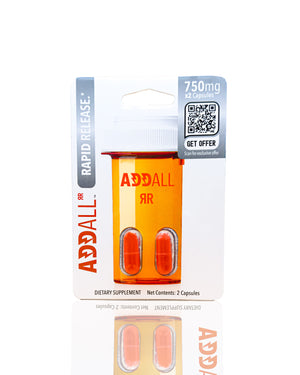
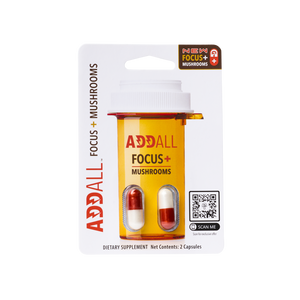

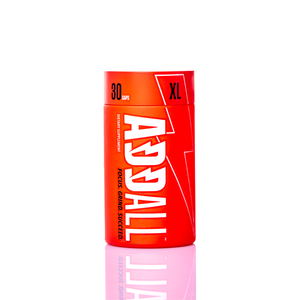
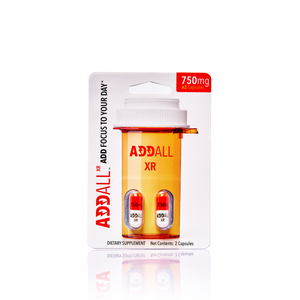
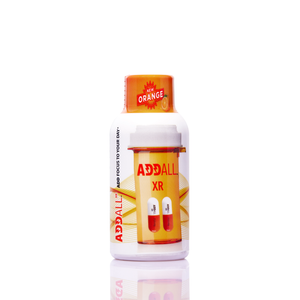
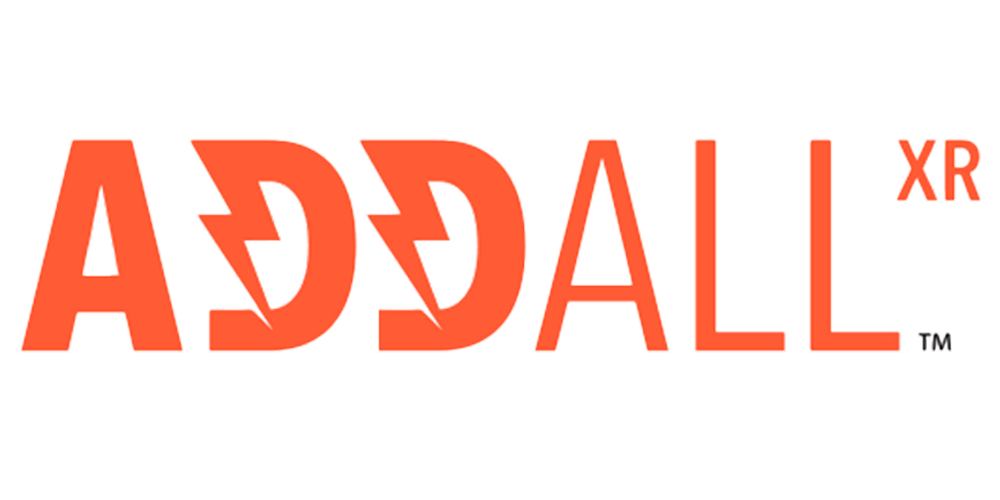
 Addall XR
Addall XR
 Addall XL
Addall XL
 Addall
Addall Addall
Addall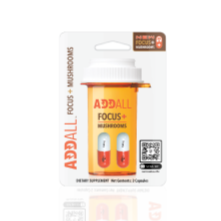 Addall
Addall Addall
Addall
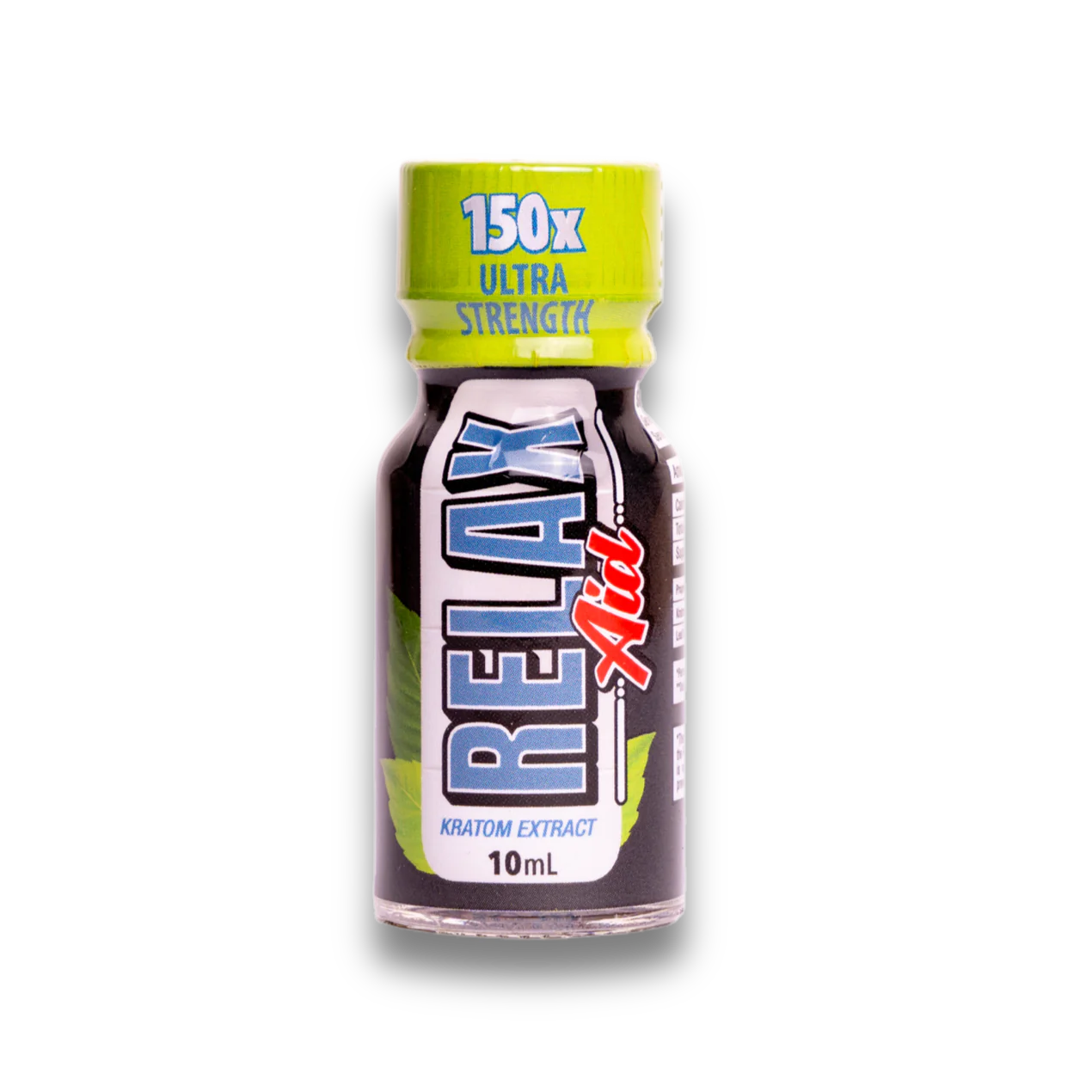 RelaxAid
RelaxAid
 Compare
Compare



















































